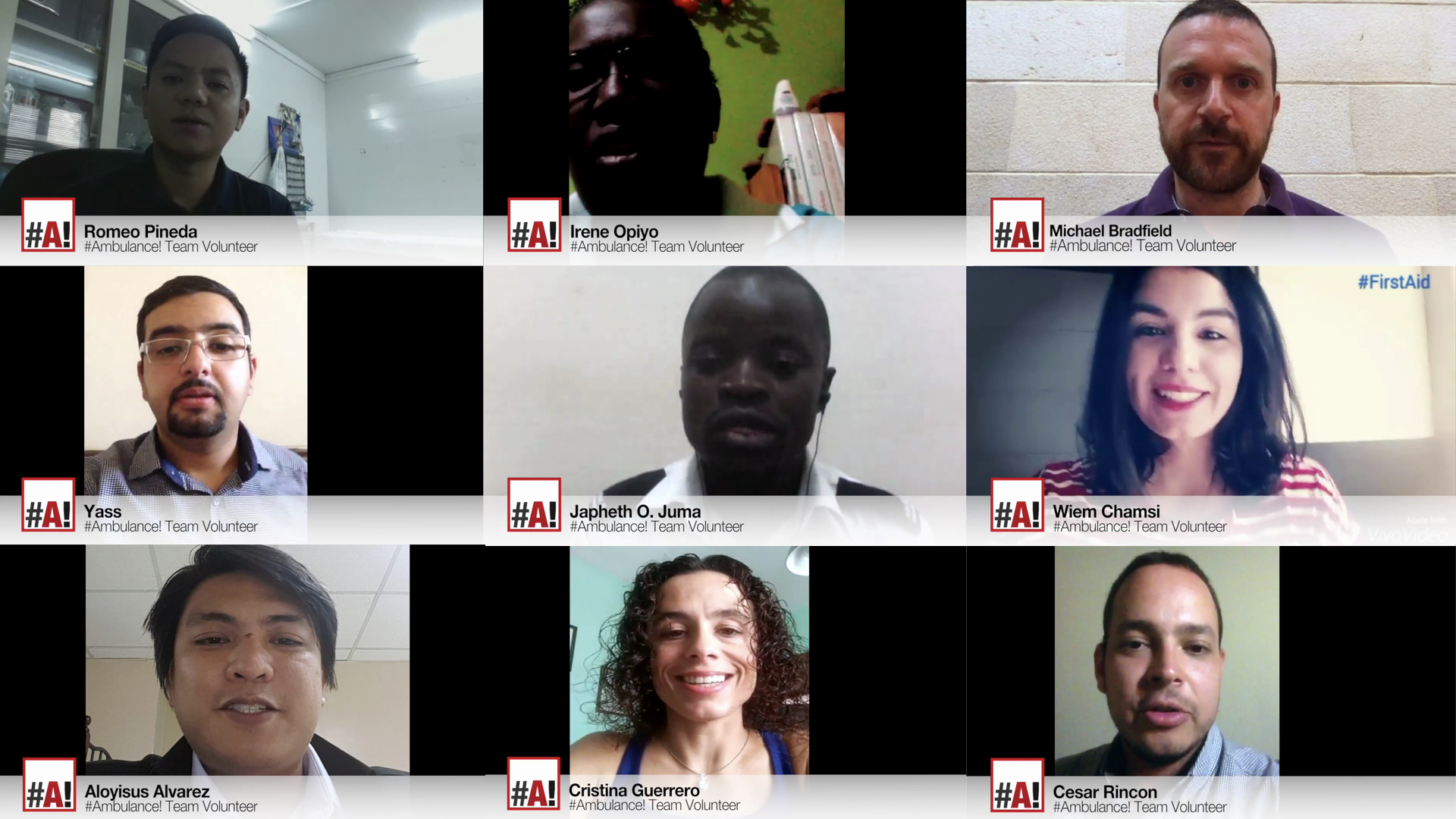
On Monday, July 3rd 2017, an expanded course team from three continents, supported by LSi’s Scholar Apprentices, began to trial a completely new approach to the development of digital learning. This is the story of how we came to reboot the amazingly successful #DigitalScholar initiative offered by the Geneva Learning Foundation just one year ago. Ein Fehler ist aufgetreten.









